Lists



3 Books
Bookshelf
Sort by:
Recent Desc
Read this year
More lists by Rachael
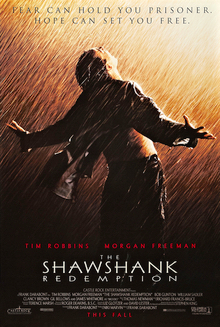


R&d
List includes: The Shawshank Redemption, Death to Smoochy, Ruthless People
January 2025
0



Gamin
List includes: Katamari Damacy, Donkey Kong Country, Banjo-Kazooie
July 2023
0



Best Series Ever
List includes: Dexter, Breaking Bad, Star Trek: The Next Generation
January 2023
5



Fave bands
List includes: Morcheeba, The Cure, Blonde Redhead
December 2022
1



Flemish
List includes: Van Vlees en Bloed, Quiz Me Quick, Callboys
December 2022
0



To view
List includes: eXistenZ, Dead Like Me, Scrubs
December 2022
0



Films I should have seen by now
List includes: The Graduate, Sunset Blvd., Harold and Maude
November 2022
0
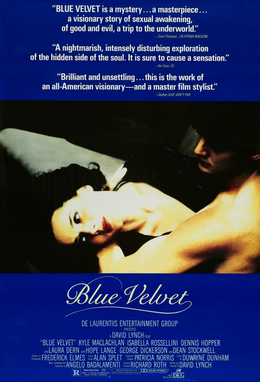

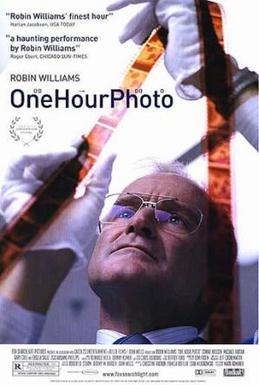
Thrillers
List includes: Blue Velvet, Psycho, One Hour Photo
November 2022
0
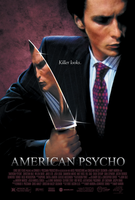

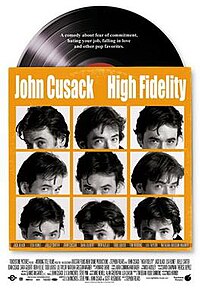
All time favorite films
List includes: American Psycho, Heathers, High Fidelity
November 2022
0